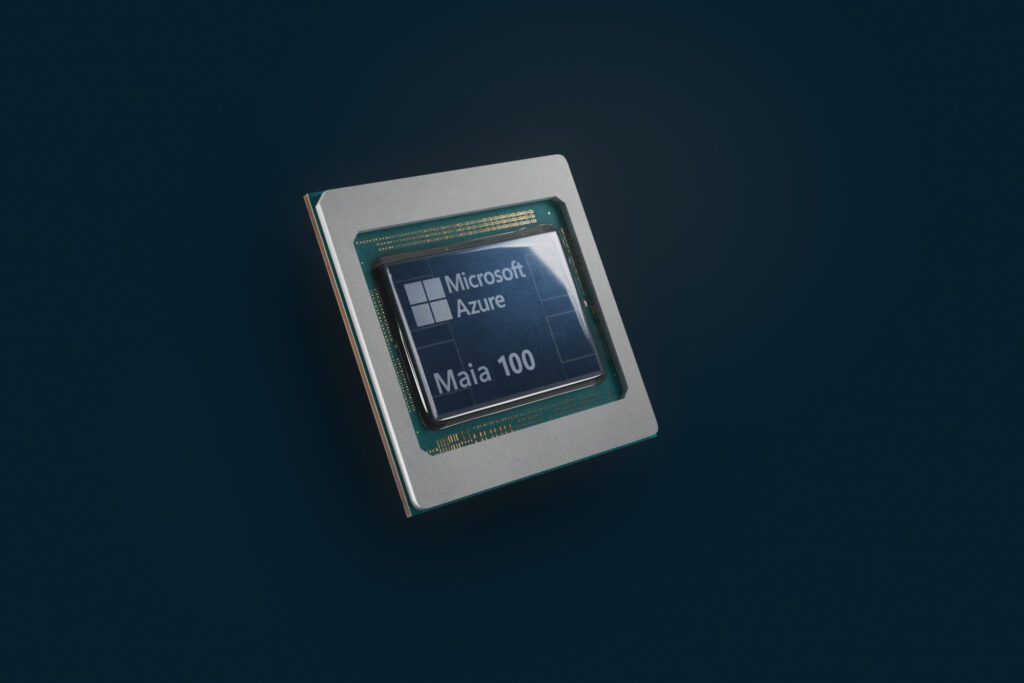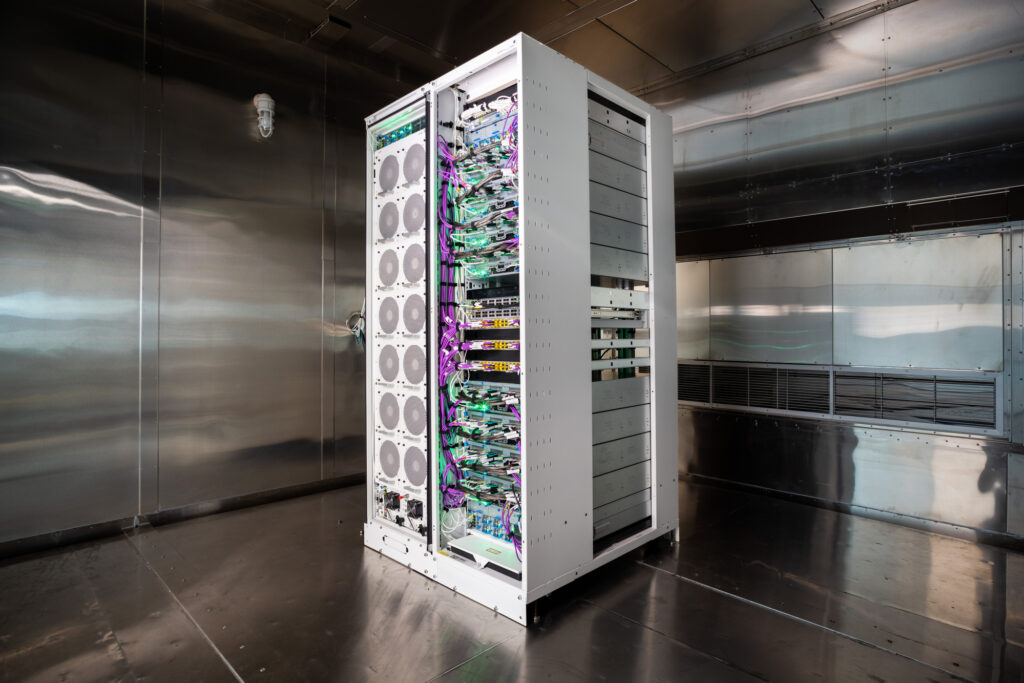At A Glance
- Microsoft's announcement at Ignite 2024 to begin manufacturing its own custom chips, the Azure Maia 100 and the Cobalt 100, signifies a significant strategic shift. The development of these chips, specifically tailored for AI applications, reflects Microsoft's commitment to optimizing its cloud infrastructure for the AI era. This move aligns with the broader industry trend of companies creating specialized hardware to enhance the performance of AI workloads.
- The Azure Maia 100 and Cobalt 100 chips are designed to cater to different aspects of AI computing. This dual-chip approach demonstrates Microsoft's commitment to optimizing hardware for the specific demands of AI-driven cloud computing.
Microsoft unveiled a large list of interesting products during their Ignite 2024. This includes Microsoft about to start making their own custom chips, the Azure Maia 100 and the Cobalt 100. These chips were developed with AI in mind.

Rani Borkar, head of Azure systems said that they are rethinking the cloud infrastructure for the era of AI. This is where the new Azure Maia 100 and the Cobalt 100 chips are going to come into play.
Besides a significant performance boost, the Cobalt 100 is designed for power management for the cloud services at Azure, such as control over performance and power consumption per core on every single virtual machine. The Cobalt 100 has 128 cores.
The Maia 100, on the other hand, will focus on running cloud AI workloads, such as large language model training and interface. This includes powering up workloads from Microsoft’s new favorite partner, OpenAI.
The move will allow Microsoft to set up its AI systems faster and without restructuring its data centers. Microsoft said that Maia is the first complete liquid-cooled server processor, enabling a higher density of servers at higher efficiencies. In short, keep them cooled and they can perform much better.
It should be noted that Microsoft is still partners with Nvidia and AMD, chipmakers who are pumping AI into their products. Nvidia alone has made a $6 billion profit from AI alone and they have been showcasing a ton of AI features that are hard to ignore.
For being a good sport, Microsoft didn’t run any comparisons among themselves with Nvidia and AMD.
In line with the new AI-focused chips, Microsoft has made several other announcements involving AI in their software.

One of which, of course, is Copilot, which will be integrated into Microsoft’s 365 subscription. Copilot is an AI assistant that is, basically, designed to help you work faster. The word I’m looking for here is “cheat” but it’s more of a “hack” actually. Copilot will write your drafts, accomplish your Excel sheets, and create presentations with a prompt, among many other things I wished I had when I was still in college. So things that typically take you say, five hours, can be reduced to two hours or so.
Speaking of Microsoft 365 and Copilot, Microsoft has launched Loop. It is a collaborative space for people to work on and it’s included with no extra charge when you’re using Microsoft 365.
More AI features are going to be added in Microsoft Teams, which includes improving voice and video, as well as background decoration. And this is more than just virtual backgrounds, this is actually adding decorations to your background. You can add plants, books, or whatnot, to make it seem like your home office is livelier than it was the other day. This feature will be available from Microsoft Teams Premium though, so if you want this, you’ll need to pay up a bit.
And speaking of Teams, Microsoft is taking a stab at 3D with VR meetings. Personally, I don’t get it. Meta and Apple are going for this in their own distinct ways, and now Microsoft is jumping in, and, I just don’t know if I can take any boss seriously even if they frown at me with their digital 3D faces the same way Pixar characters frown who are just all too adorable.
By the way, 3D in Microsoft Teams isn't necessarily VR. This is part of Microsoft’s Mesh platform, which is run by Azure. So we’re going to be seeing those Maia and Cobalt chips in action.